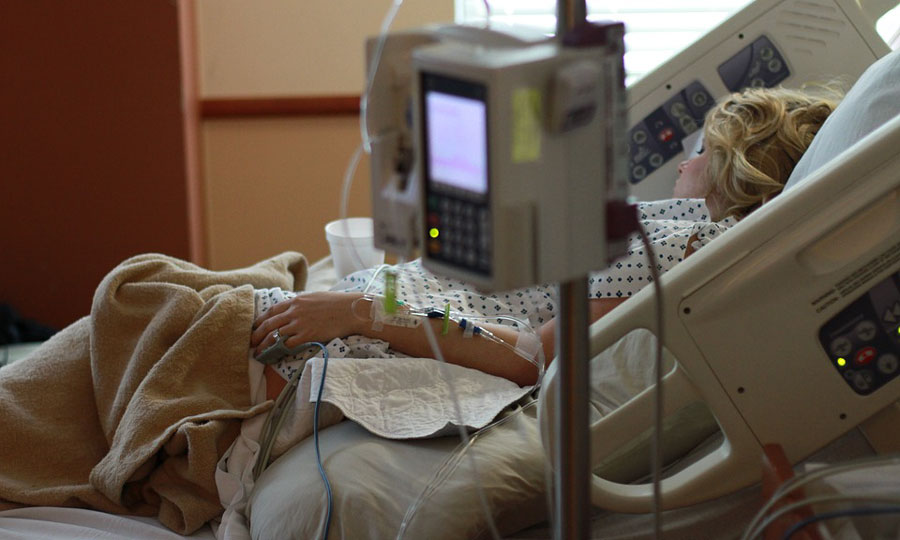
NEW YORK — Advocates for people with disabilities say the new coronavirus can be especially dangerous to the communities they serve. People with disabilities such as lupus or HIV/AIDS have compromised immune systems. Some medications may lower resistance to infections, and the incidence of lung disease, heart disease, diabetes and cancer increases with age.
Experts say age itself makes people more vulnerable to the virus. Susan Dooha executive director of the Center for Independence of the Disabled New York (CIDNY), points out that people with disabilities also tend to be lower-income.
“We’re worried that they don’t have additional resources to stockpile medication, food, or to get extra cleaning supplies,” she states.
Dooha says New York City residents who need extra help because of the coronavirus threat can contact CIDNY at 212-674-2300 or online at CIDNY.org.
Dooha says her organization is working hard to keep up with the latest official information on precautions and available assistance as the number of New Yorkers known to be infected continues to grow.
“We are in touch with state and city authorities to make sure that we’re aware of their guidance, and so we can be raising these concerns about the need for additional resources,” she states.
Dooha adds many of the same concerns affect people with disabilities whether they’re living independently or in residential care facilities.
She notes that CIDNY is visiting people the organization serves who live in nursing homes, where added precautions that have been put in place are very evident.
“There are nursing homes with quarantine floors, with people in isolation,” she points out. “Some facilities are not receiving visitors. Like us, they are exercising every bit of caution.”
Dooha says, like the aftermath of Hurricane Sandy or 9/11, people living with disabilities during a public health crisis require extra vigilance to ensure their needs are being met.



Comments are closed.